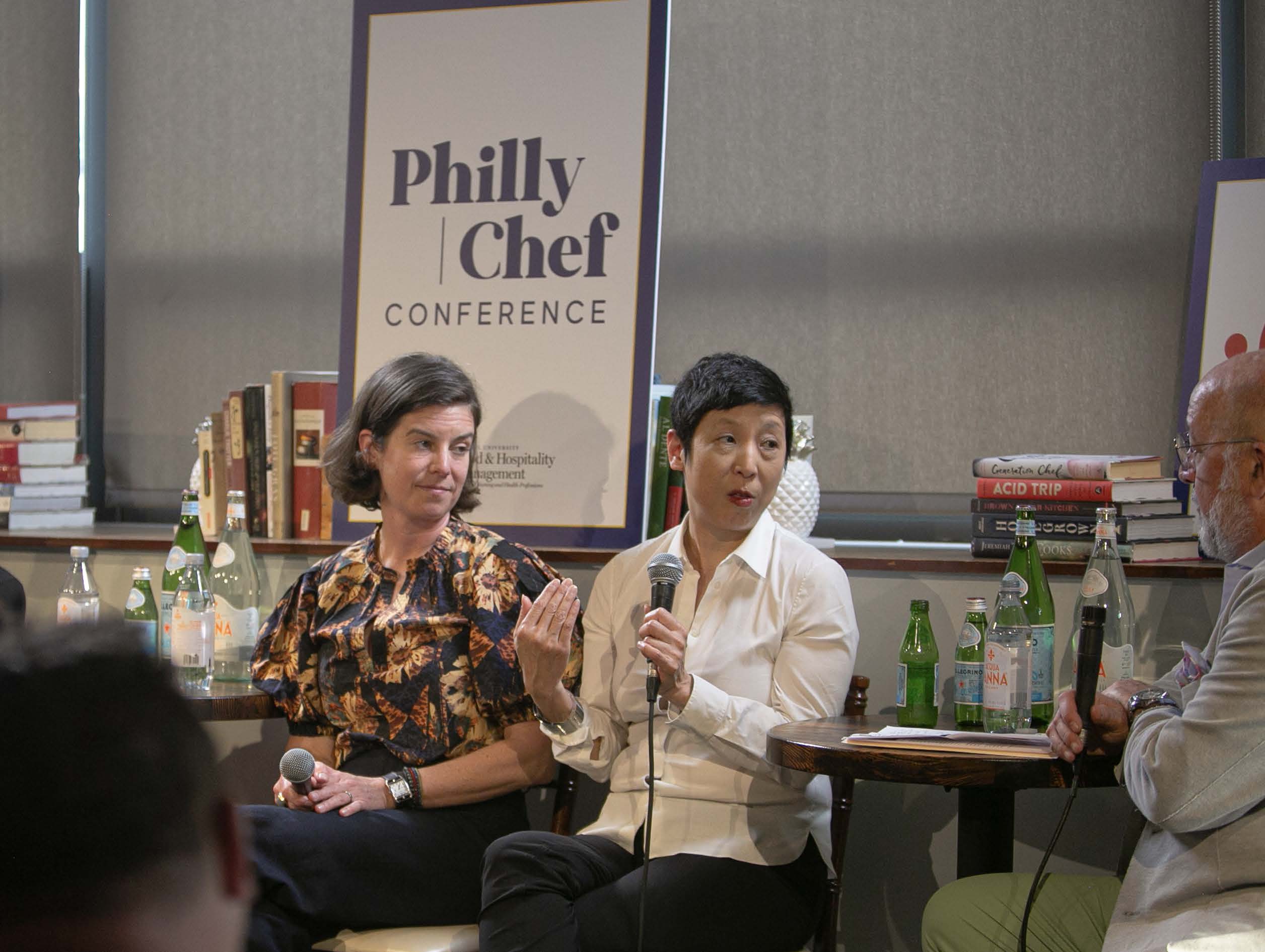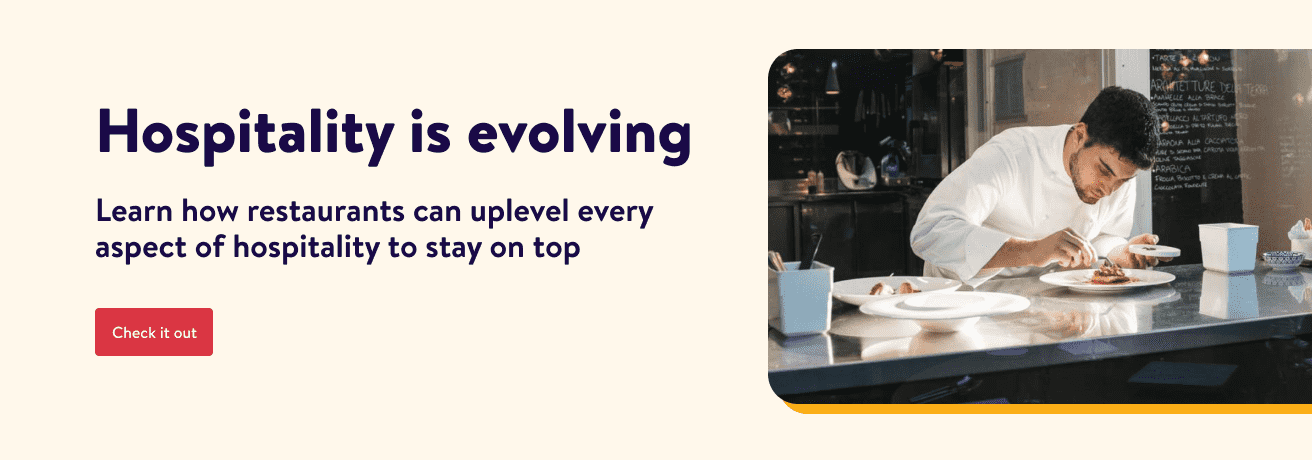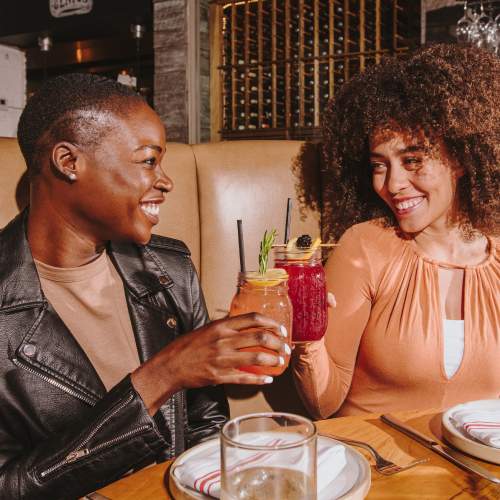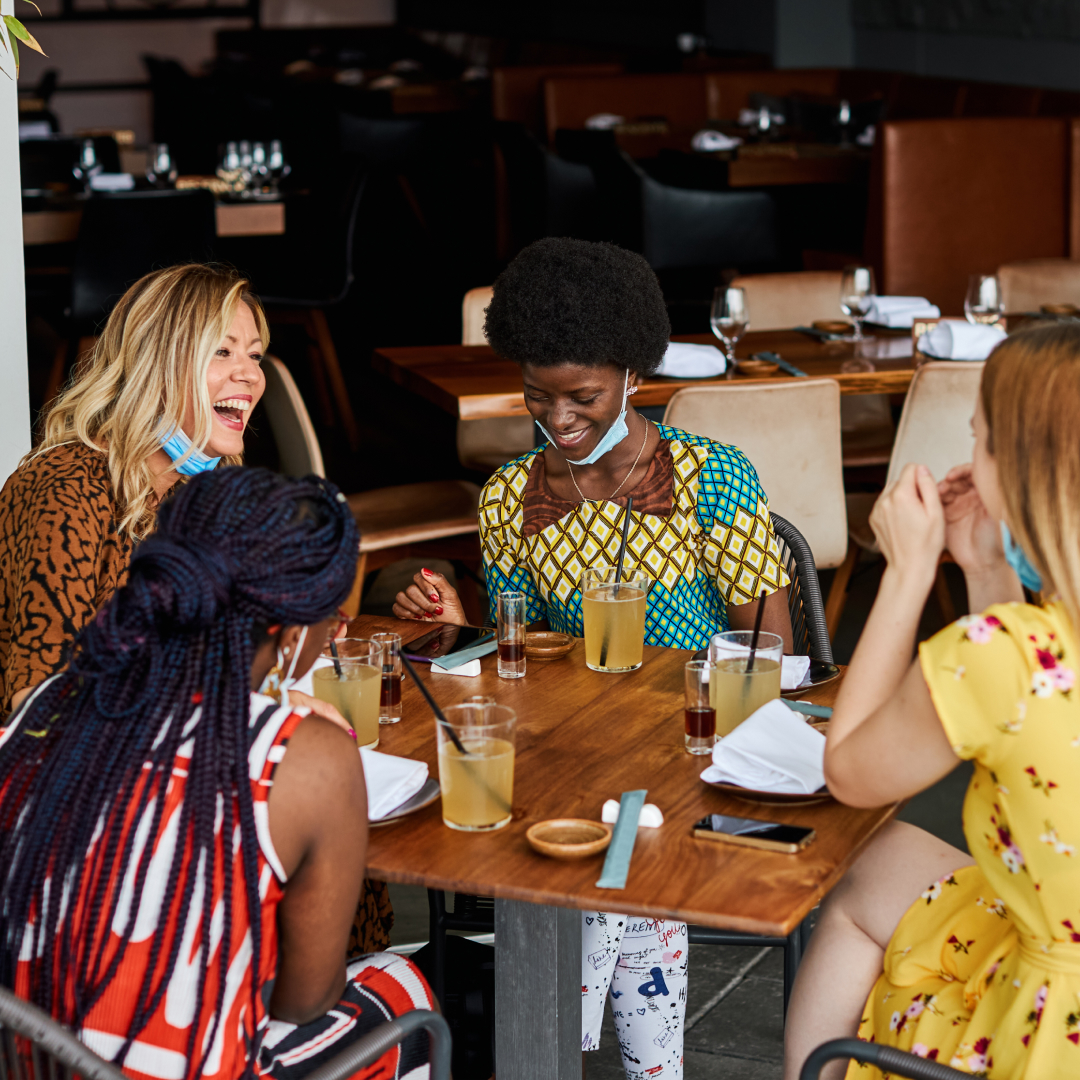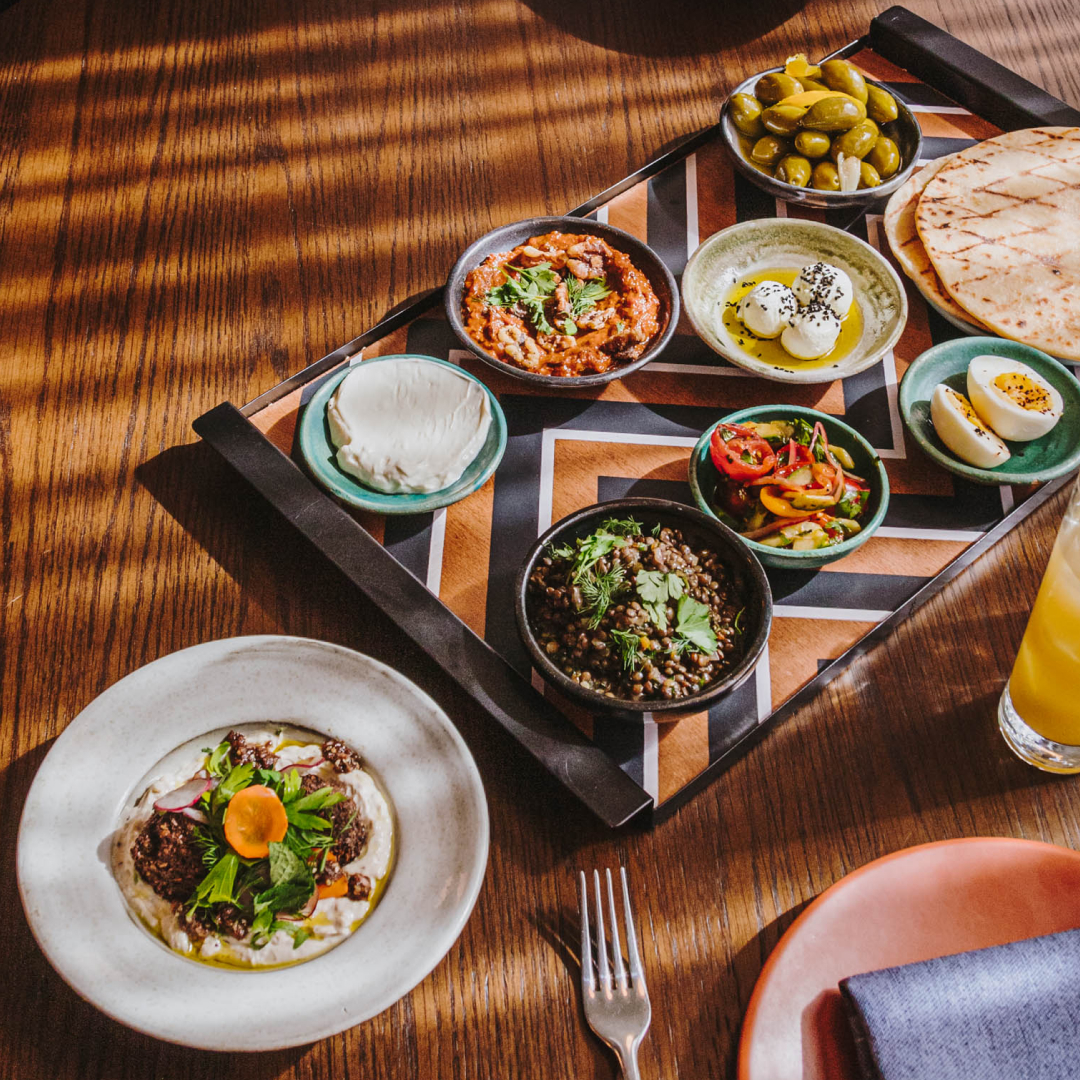Restaurants have always been all about creating unforgettable experiences. Mottos like “make it nice” and “yes is the answer what is the question” typify the customer-is-always-right ethos that’s been the gold standard for generations.
But during the recent Philadelphia Chefs Conference, a new locus of hospitality emerged: Restaurant teams themselves. The best restaurant owners and managers in the business today are now offering the same hospitality they’ve always provided for guests to their teams as well.
It’s a cultural shift brought about by the seismic events of recent years including a global pandemic and racial reckoning. Top restaurateurs believe it will be a hallmark of success in the new age of restaurants that’s now upon us.
Top 4 takeaways for restaurants:
- Put the team first: Follow the platinum rule and train everyone to treat others the way they want to be treated.
- See humans, not workers: Get to know them, their goals, their aspirations, and what they care about outside of work.
- Prioritize professional development: People are more likely to stick around when they’re learning and growing.
- Build community: Encourage people to connect in fun, healthy ways at and away from work.
Put the team first
Subrina Collier, owner of Leah & Louise in Charlotte, NC, understands the importance of being her team’s biggest advocate.
“I will throw out a guest for not treating our staff right. Staff need to feel protected. It’s what makes people want to work for you,” says Collier. When employees feel valued and protected, they’re more likely to stay with a restaurant long-term, reducing the cost of constant employee churn.
Erick Williams, owner and executive chef of Virtue Restaurant & Bar in Chicago, describes his approach as “concentrated hospitality.” The umbrella of Virtue’s hospitality covers not only guests and team members, but also the delivery drivers and other service providers who come into the restaurant on a daily or weekly basis.
These are people who all too often deal with being ignored or having their time and work devalued, according to Williams.
“On hot days we have cold water for the UPS guy. It creates an atmosphere of caring. We really focus on what the energy is like in the building,” says Williams. This kind of compassionate acknowledgement of others makes a big difference in creating a positive work environment, according to the chef.
See humans, not workers

Just as offering superior hospitality to guests means personalizing service so it honors their preferences and quirks, offering hospitality to a team requires deep knowledge of staff members as people, not just workers. Lien Ta, owner of Here’s Looking at You in LA, knows the importance of getting to know employees as individuals.
“Taking care of people is core to our culture. That’s why we still have people on staff who have worked for us since opening day in 2016,” says Ta. The specific ways she cares for team members are free strategies any restaurateur can adopt. It only takes a commitment to mind the details.
“We spell people’s names correctly. We get their pronouns right. We know their goals. It makes them feel seen, valued, and taken care of,” says Ta. When team members feel acknowledged in these ways, they get invested in the success of the restaurant, according to Ta. “Our people pass the care they get from us directly onto their tables.”
Ellen Yin, founder of Fork in Philadelphia, brings the spirit of hospitality to her team by creating a culture of curiosity.
“We teach people to be curious about each other,” she says. It leads to authentic connections and relationships that deepen as people get to know each other on a personal level. At Fork, there’s a special camaraderie and dedication to teamwork that shows up in the service guests experience.
Happy team, happier guests
When restaurant owners and managers make the well-being of their teams a top priority, it sparks a ripple effect through the restaurant. Guests feel more at ease when they sense the presence of happy, engaged employees. It creates a positive vibe that makes the food taste better, the service more stellar, and the environment even more magical.
Hospitality is not just for guests anymore. As owners and managers begin to recognize the importance of treating their teams with a new level of consideration, they’re creating environments that people want to work in. And for many workers, it’s a factor even more important than pay.
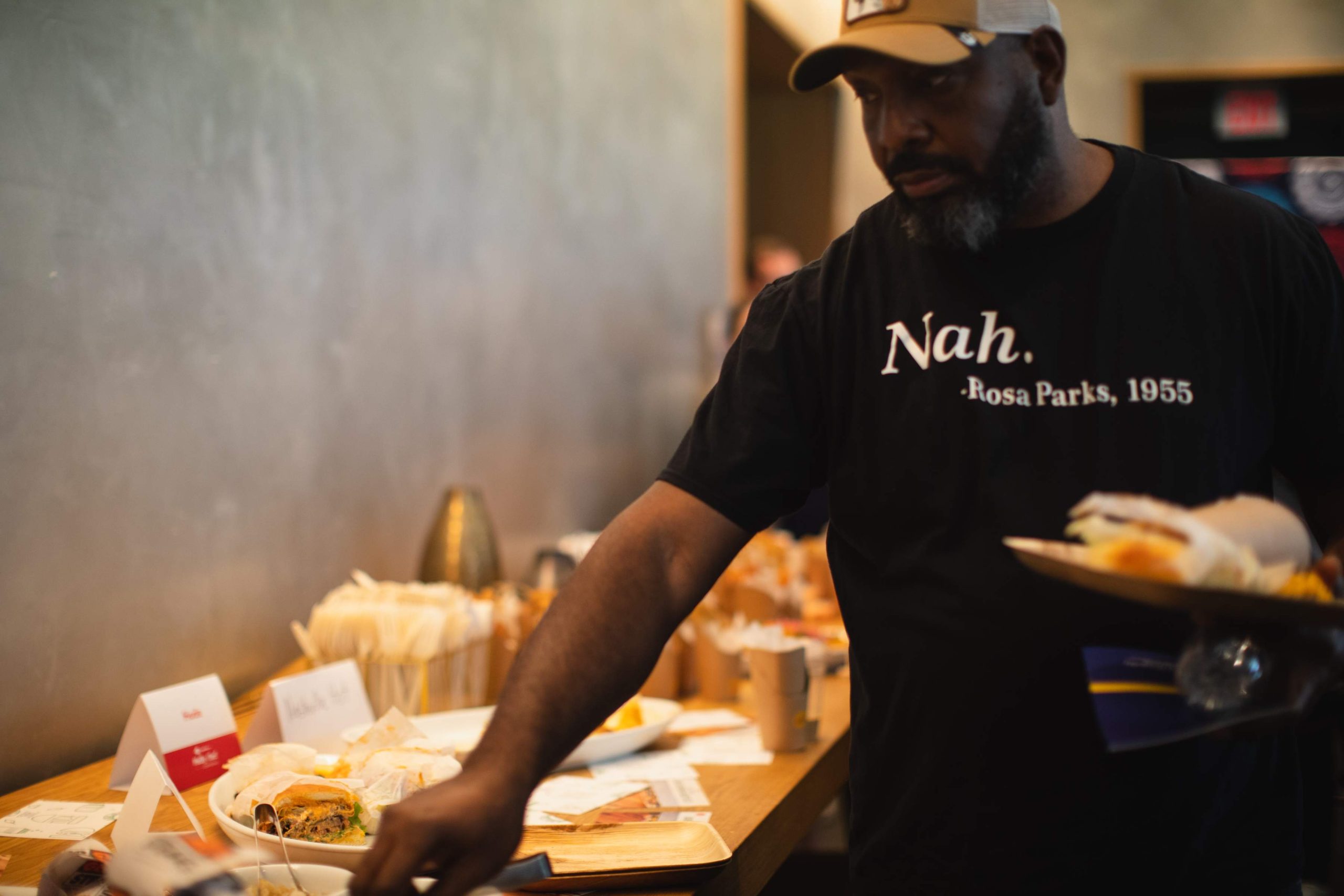
It’s a win-win
While it may seem like offering hospitality to employees might require a sacrifice from owners, the truth is it’s one of the smartest business moves possible. Team members in workplaces that offer hospitality to them are able to offer an unmistakably warm, caring, and sincere hospitality that cannot be faked by workers who don’t feel the love. It’s often the X factor that separates a restaurant from the pack.
By following those on the forefront of this paradigm shift, owners and managers can create a hospitality bubble that envelops the restaurant and is irresistible to guests and team members alike.
At Virtue, Williams has a simple guiding principle for creating the all-encompassing hospitality he wants: “We treat everyone who comes in the back door the way we treat everyone who comes in the front door.”

